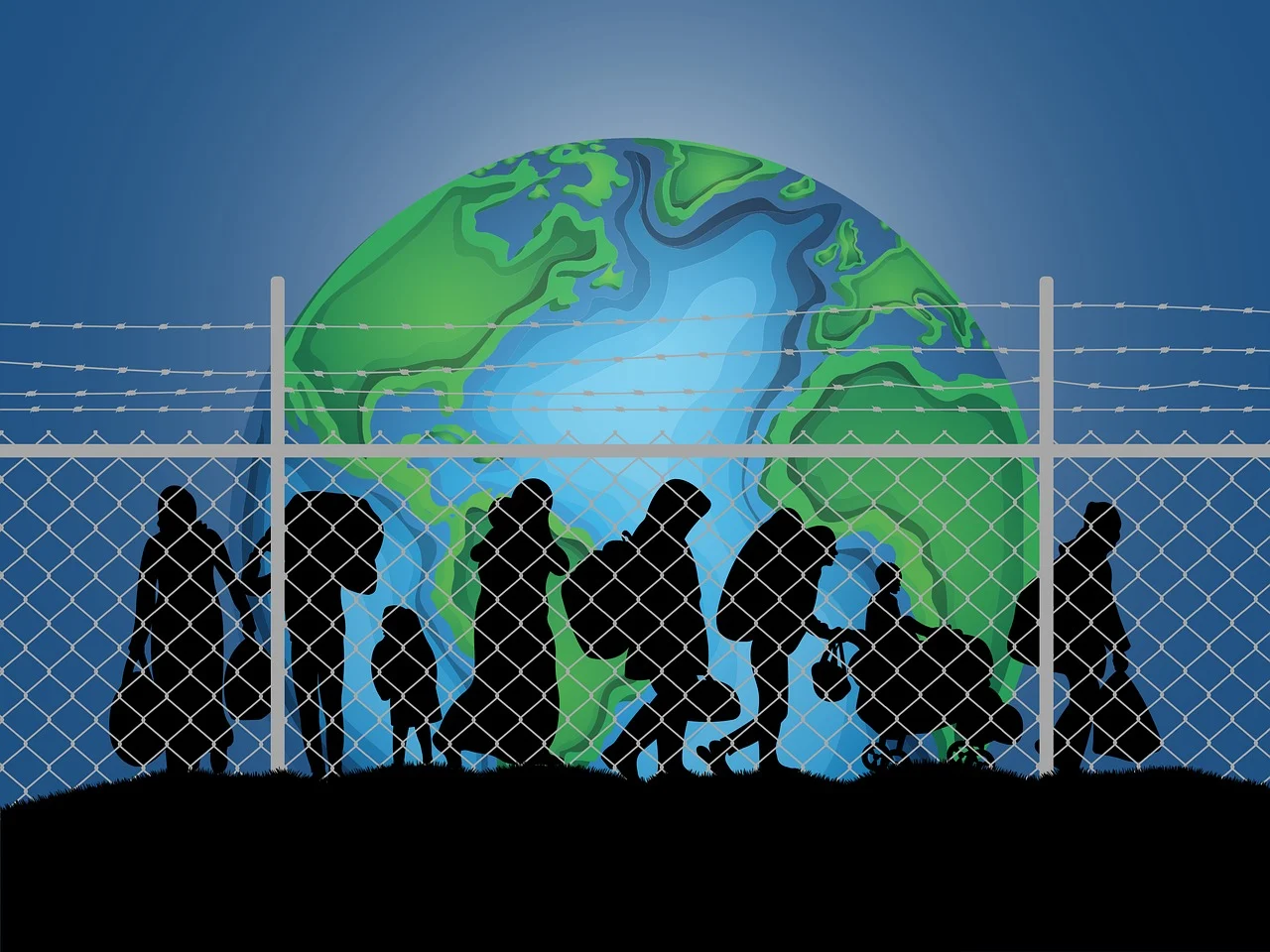In a significant development, Brussels has urged Turkey to conduct a comprehensive investigation into allegations of abuse occurring in migration centres funded by the European Union. This request follows disturbing reports that asylum seekers have faced mistreatment, including violence and illegal detention, raising serious concerns about human rights and the effective use of EU resources.
Background: The EU-Turkey Migration Agreement
The EU-Turkey migration agreement, established in 2016, aimed to manage the surge of migrants entering Europe, particularly during the height of the Syrian refugee crisis. Under this deal, Turkey received substantial financial support from the EU—approximately €6 billion—to assist in processing asylum claims and improving living conditions for refugees within its borders. However, recent investigations have revealed troubling practices within these funded facilities, suggesting that the intended support has not been effectively implemented (European Commission, 2016).
Allegations of Abuse
Reports from various human rights organizations, including Lighthouse Reports, indicate that asylum seekers in these centres have faced serious abuses. Allegations include:
- Physical Violence: Numerous accounts suggest that migrants have been subjected to beatings and other forms of physical abuse by staff members within the centres (Lighthouse Reports, 2023).
- Arbitrary Detention: Many asylum seekers have reported being held without legal justification, often in overcrowded and unsanitary conditions (Human Rights Watch, 2022).
- Forced Deportations: There are claims that individuals have been deported without due process, undermining their right to seek asylum (Amnesty International, 2023).
These allegations not only contravene international human rights standards but also raise questions about the oversight and accountability of EU funding.
The EU’s Response
In light of these alarming reports, the European Commission has emphasized the necessity for Turkey to investigate these claims thoroughly. Brussels has called for transparency and accountability in the management of EU funds, stressing that financial support should not contribute to human rights violations (Euronews, 2024).
European officials have indicated that if Turkey fails to address these issues, it could jeopardize future EU funding and cooperation. The EU’s commitment to human rights is fundamental, and any association with practices that undermine these principles is a matter of serious concern.
Implications for EU-Turkey Relations
This situation poses a significant challenge for EU-Turkey relations. The EU has historically relied on Turkey as a partner in managing migration flows, but ongoing human rights violations could strain this partnership. The EU must balance its geopolitical interests with its foundational values of human rights and dignity.
Furthermore, public sentiment within Europe is shifting. Citizens are increasingly aware of the ethical implications of foreign aid and its consequences on vulnerable populations. As a result, the EU may face mounting pressure to reassess its funding mechanisms and ensure that support is directed toward initiatives that promote human rights and dignity (European Parliament, 2023).
A Path Forward
To address these pressing concerns, several steps could be considered:
- Independent Monitoring: Establishing independent bodies to oversee the treatment of asylum seekers in EU-funded centres would enhance accountability and transparency.
- Clear Conditions for Funding: Future EU funds should come with stringent conditions that mandate adherence to human rights standards, ensuring that support is not misused.
- Support for Local NGOs: Collaborating with local and international non-governmental organizations can provide additional oversight and resources for asylum seekers, promoting better living conditions and legal support.
Conclusion
The allegations of abuse in EU-funded migration centres in Turkey highlight a critical juncture in EU-Turkey relations. As Brussels calls for a thorough investigation, it is imperative for the EU to uphold its commitment to human rights and ensure that its funding mechanisms do not enable violations. By prioritizing transparency and accountability, the EU can foster a more humane approach to migration while protecting the rights and dignity of those seeking refuge.
References
- Amnesty International. (2023). Turkey: Human Rights Violations Against Refugees and Migrants. Retrieved from Amnesty International.
- European Commission. (2016). EU-Turkey Statement. Retrieved from European Commission.
- European Parliament. (2023). Human Rights in EU-Turkey Relations: Recent Developments. Retrieved from European Parliament.
- Human Rights Watch. (2022). Turkey: Human Rights Violations Against Refugees. Retrieved from HRW.
- Lighthouse Reports. (2023). Turkey’s EU-Funded Deportation Machine. Retrieved from Lighthouse Reports.



